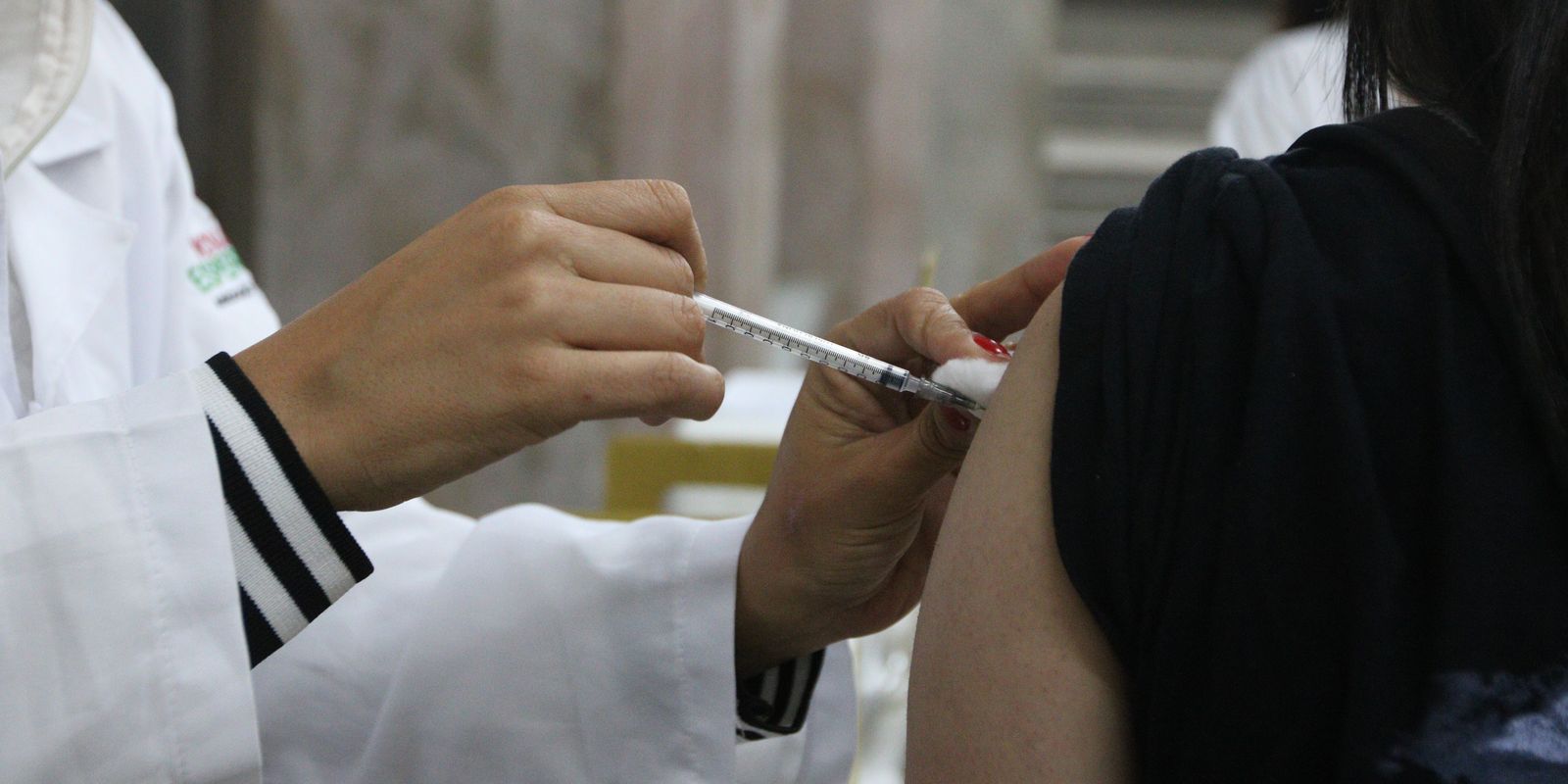The development of an innovative vaccine against Covid-19, which uses messenger RNA (mRNA) technology, by the Oswaldo Cruz Foundation (Fiocruz) will receive a non-refundable R$30 million from the National Bank for Economic and Social Development (BNDES), in an additional investment of R$21 million. Brazilian Real raised from private partners.
The Foundation for Scientific and Technological Development in Health (Fiotec), which provides logistical, administrative and financial support services for projects developed by Fiocruz, is responsible for the creation of the new vaccine.
The resources used by BNDES correspond to the completion of experimental development of the immunogen, the production of experimental lots for clinical trials and the implementation of phase 1 clinical studies. In this first phase, the project seeks to prove the safety of using immunomodulators in humans. “Fiocruz’s expectations are that the vaccine will be available in the unified health system within 3 years,” the bank informed in a note published on the bank’s website.
According to the Foundation, its resources come from the Fund for Scientific and Technical Development (BNDES Funtec), which provides “non-refundable financial support for applied research, technological development and innovation projects implemented by technological institutions, according to the performance focus determined by the Bank.” The good performance of the vaccine in clinical studies , which will validate the mRNA technology developed by Fiocruz, will determine the potential for the development of other vaccines by the organization.
For the Supervisor of the Productive Development, Innovation and Foreign Trade Area of the BNDES, João Paulo Perrone, the technological platform developed by Fiocruz is an important achievement for the Brazilian health system, “because it makes the country more prepared to face public health emergencies in the future.” With more independence and faster development of new vaccines.”
mRNA
BNDES highlights that mRNA technology is considered a revolution in medicine, because its effectiveness in combating Covid-19 has proven to be effective and it remains a safer, faster and more efficient technology for developing new vaccines and treatments. “Unlike traditional vaccines, which use inactivated viruses (such as the flu vaccine) or weakened viruses (such as the measles vaccine), mRNA vaccines provide genetic ‘instructions’ to the immune system to produce antibodies,” BNDES noted in a note.
In the assessment of the scientific leader and project manager at Fiocruz, Patricia Cristina Neves, the main advantage of vaccines that use this type of technology is that they are productive. “A conventional vaccine, against measles for example, carries the live virus, but in a weaker form. To obtain the weakened virus, a more expensive and more difficult production system is required, which also requires greater biosecurity to contain the agent.
In the COVID-19 pandemic, mRNA vaccines teach the human body how to fight the coronavirus, by mimicking the same process of exposure to the virus, but without causing disease. The result is that the agent does not need to be grown in a laboratory. Scientists only need to “decode its genes to produce it on an industrial scale.” With this performance, mRNA technology is globally considered the most appropriate solution to address public health emergencies.
Reasonable development cost and high yield from producing many doses per liter are other advantages of this technology. “Initial validation of the technology is expected, paving the way to provide the Unified Health System (SUS) with a less expensive vaccine. Furthermore, it will be possible to develop new vaccines and medicines.”
According to BNDES' Director of Production Development, Innovation and Foreign Trade, José Luis Jordon, the institution assumes that the investment in Fiocruz's mRNA vaccine contributes to Brazil's increased autonomy in the health sector. He stressed, “Today there is a global race to incorporate mRNA into vaccine production, and it is largely concentrated in the United States, China, Germany, and Denmark.”
production
It is expected that the vaccine to be produced at the BioManguinhos/Fiocruz Institute for Immunobiotechnology will transform the institution into the main center for the development and production of mRNA vaccines in Latin America.
Luis Donadio, general coordinator of fundraising at Fiocruz, sees the main gain in the technological mastery of production, as a strategic project for the country. “Here lies the real added value of the mRNA vaccine. Mastering a technology on the frontiers of knowledge is rare in Brazil,” he stressed, adding that there is also an agreement between Fiocruz and the World Health Organization to transfer the vaccine production technology against Covid-19 to countries in the world. Latin America and the Caribbean .
BNDES also informed that the researchers responsible for developing Fiocruz's mRNA platform are already analyzing its potential application in preventive vaccines for other diseases. In this case, scientists believe that the immunogen could be used against rabies, influenza, Zika, HIV, malaria, tuberculosis, cytomegalovirus, respiratory syncytial virus (RSV – bronchiolitis) and in therapeutic applications for the treatment of cancer, rare genetic diseases, allergies and autoimmune diseases. Diseases.

“Hardcore beer fanatic. Falls down a lot. Professional coffee fan. Music ninja.”







More Stories
The law allows children and adolescents to visit parents in the hospital.
Scientists pave the way for the emergence of a new element in the periodic table | World and Science
Can dengue cause hair loss? Expert explains how the disease affects hair